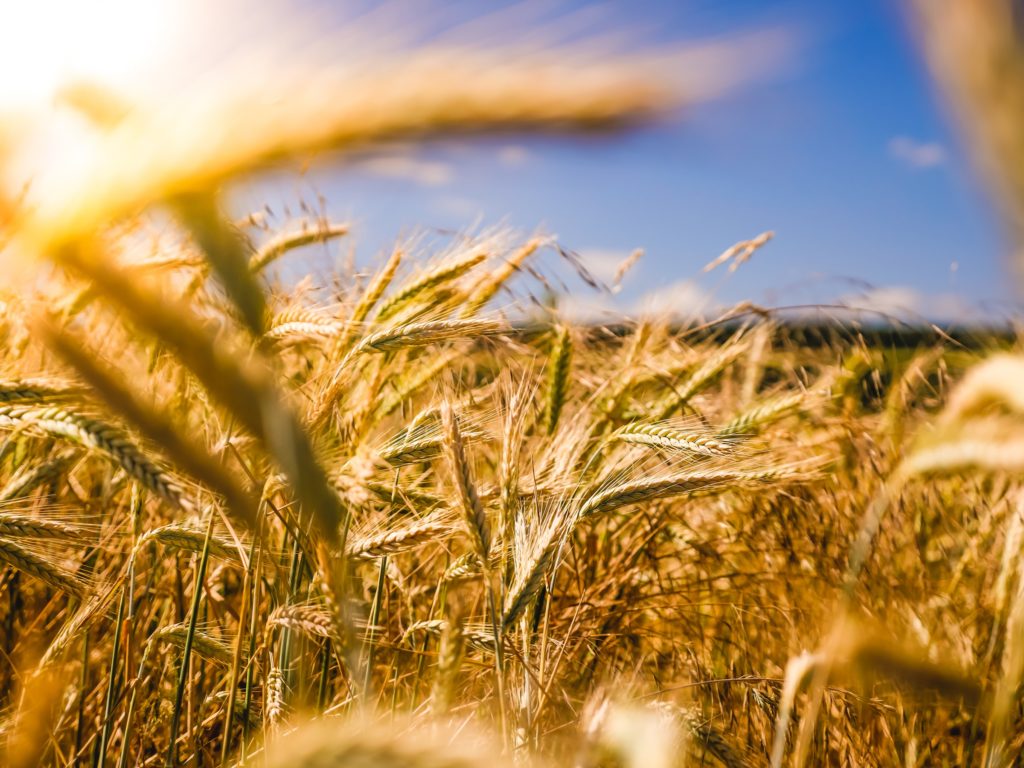
What is the CAP?
The Common Agricultural Policy (CAP) is the agricultural policy of the European Union, and comprises a range of agricultural subsidies and other programmes. It represents the second biggest budget of the EU, with an average share of close to 30% of the overall budget!
The European Commission has recently proposed a new set of rules for the CAP, which will apply for the period 2023-2027. The exact terms, however, are still up for debate, and are currently being negotiated by the European Parliament and the European Council.
What is the problem?
The current CAP is not fit for purpose. The CAP’s main objectives have remained unchanged since 1962, making them shockingly out of date and in urgent need of review. We need a radically different CAP that properly reflects social demands, protects our environment and biodiversity, is climate-conscious and respects the finite limits of our resources. Since the creation of the WTO, the CAP has been obliged to fit into a framework designed to promote global markets and international companies. The last reform of the CAP in 2014 brought about some greening measures and a certain targeting of funds, but alas, many of these provisions have since been watered down.
Key challenges for a better food policy remain: Climate change, biodiversity loss, animal welfare, disappearance of small and medium farms and protection of public and environmental health. If we want to make sure that agriculture does its fair share towards the transition to a fairer and greener society, we need our future agriculture policy to:
- Provide sufficient nutritious and healthy food for everyone
- Use our natural resources sustainably
- Ensure a decent and stable revenue for farmers
- Better connect rural and urban areas
- Minimise corporate power in the food system
- Be in line with international sustainable development goals
What has happened since the European elections in 2019?
At the end of the last mandate, back in April 2019, the legislative files that make up the CAP were voted on in the European Parliament’s Agriculture Committee. The Greens/EFA Group voted against the CAP Strategic Plans Regulation (CAP SPR), which lays out the CAP’s objectives and forms the basis on which payments are made to farmers.
After the election, the newly elected Members of the European Parliament were given the possibility to work on the legislation again, but only on a limited number of articles.
In the meantime, the European Commission published its European Green Deal Communication in January 2020, its Farm to Fork Strategy in May 2020 (with concrete targets to reduce pesticides, fertilizer and to increase high-diversity landscapes and organic farming) and its Biodiversity Strategy in June 2020.
During the political negotiations in the European Parliament, none of our key demands for a greener CAP were even discussed, and the outcome of the negotiations has been a bitter disappointment. What is more, the current deal is contradictory to the objectives in both the European Green Deal and the Farm to Fork Strategy. When it came time for MEPs to vote, during the week of November 19th this year, we tabled a rejection amendment to the original Commission proposal and urged MEPs to vote down the CAP.
That battle, unfortunately, was lost. But there are still many ahead of us!
What now for the CAP campaign?
Together with you and thousands of people, we wrote a letter to the President of the European Commission, Ursula Von der Leyen, the day after the vote in the European Parliament. We called on her to withdraw this CAP. Here is our letter
In her reply, Ms Von Der Leyen said that she would prefer not to withdraw the CAP. Fine, we said, then she could at least fix it! Here is our second letter
The CAP negotiations are ongoing. There is still time to make your voice heard! Tell Frans Timmermans, the European Green Deal Commissioner, that we count on him to #FixTheCAP